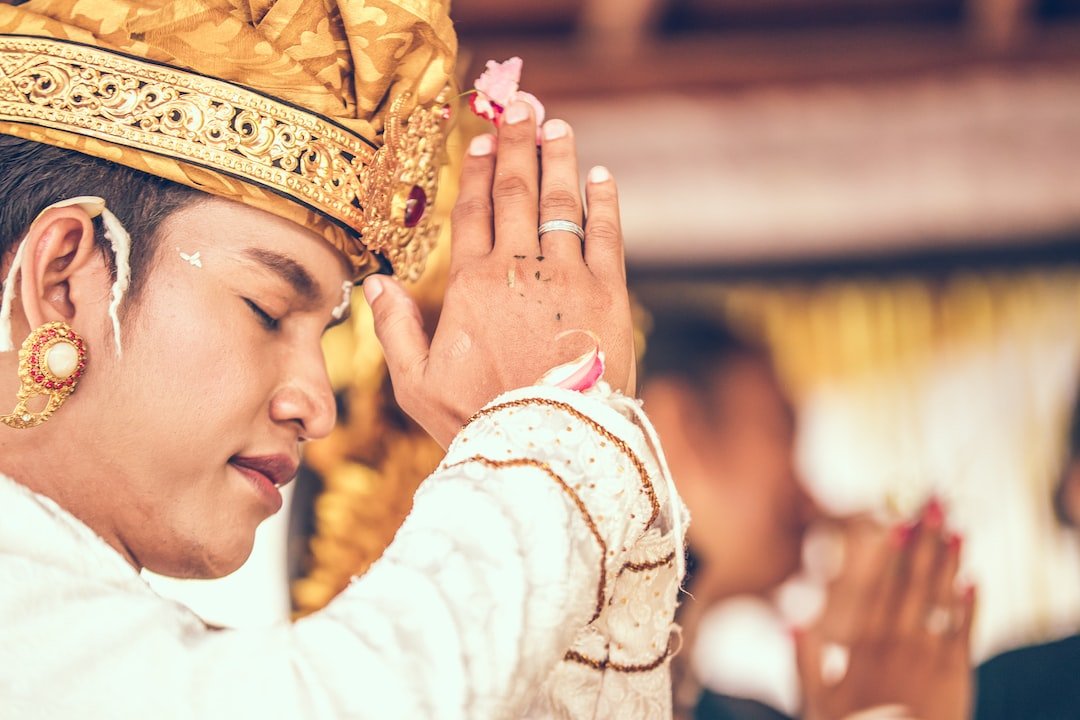Challenging Stereotypes: Debunking Myths about Religion
In today’s fast-paced world, where information spreads like wildfire, it is easy to fall victim to stereotypes and misconceptions about various aspects of life. One area particularly prone to this is religion. Sadly, many stereotypes have developed over time that have stigmatized and misrepresented different religious beliefs, leading to misunderstanding and even hostility. In this blog post, we aim to challenge these stereotypes and debunk some of the common myths about religion.
Myth #1: All religious people are fanatics or extremists
One of the most prevalent stereotypes is that all religious individuals are fanatics or extremists. This notion is fueled by media coverage that often highlights religious conflicts and acts of violence committed by individuals claiming religious motivations. However, it is essential to recognize that the actions of a few do not represent the beliefs and values of an entire religious community. Most religious people are peaceful individuals who seek to enhance their spirituality and make positive contributions to society.
Myth #2: Science and religion are incompatible
Another commonly perpetuated myth is the notion that science and religion are inherently opposed to each other. This idea suggests that one must choose either scientific explanations or religious beliefs when seeking to understand the world. However, countless scientists throughout history have been both religious and committed to the scientific method. Many leading physicists, biologists, and chemists find no contradiction between their faith and scientific inquiry, as they view them as complementary approaches to understanding different aspects of reality. In fact, science and religion can coexist harmoniously, as they deal with different realms of knowledge.
Myth #3: All religious individuals are closed-minded
Religious people are often portrayed as dogmatic and closed-minded individuals who are unwilling to question or consider alternative perspectives. However, many religious traditions promote critical thinking and seeking knowledge as a means to unlock a deeper understanding of their faith. Religious texts and teachings often encourage believers to question, reflect, and engage in meaningful dialogue with others. Furthermore, countless religious leaders and scholars have engaged in interfaith dialogue, fostering a spirit of openness and mutual respect.
Myth #4: Religion is the root cause of all conflicts
Religion is sometimes unjustly blamed as the root cause of all conflicts and divisions in society. While it is true that some conflicts have religious elements, it is essential to recognize that religion is rarely the sole factor behind these disputes. Sociopolitical, economic, and cultural factors often intertwine with religion to create complex conflicts. Failing to acknowledge these underlying complexities contributes to the perpetuation of stereotypes about religious communities. It is crucial to separate true religious values, which often promote peace, love, and compassion, from individuals’ misuse of religion for personal or political gain.
Myth #5: All religious people are against progress and social change
Many stereotypes claim that religious individuals are resistant to progress and social change. However, religious beliefs have played a pivotal role in advocating for social justice throughout history. Religious figures have spearheaded movements for civil rights, gender equality, and fighting against poverty and oppression. Religious communities can provide a moral compass that guides individuals to work towards a more just society. Religious individuals can be agents of positive change when their actions align with the core principles of their faith.
It is important for us to challenge these stereotypes and break free from the misconceptions that hinder our understanding of religion. Engaging in meaningful conversations, seeking out reliable sources, and being open to diverse perspectives will allow us to gain a more accurate and nuanced perception of different religious beliefs. By doing so, we can build bridges of understanding, respect, and empathy, contributing to a more compassionate and inclusive society.

